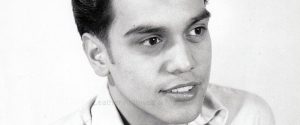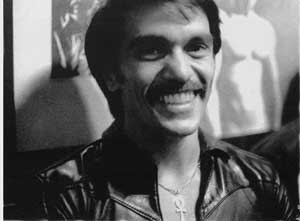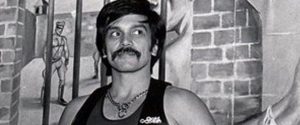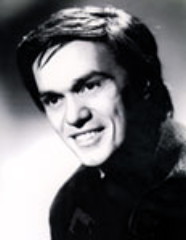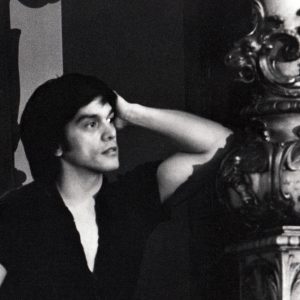At this point, I want to let the questions and information about Etienne linger in your mind . In closing, I have a few more questions for you as a reader.
- Is it necessary for and artist of color to show their racial identity in their work?
- Do you think Etienne avoided deep conversations about race and gay identity as a way to focus on artistic strength of the work and not the ideas behind it?
- How would Etienne’s work been received it he only featured men of color in his work?
As I leave you with those questions, I want to thank you for your time and encourage you to learn more about Etienne.
Thank you,
Erica Beatrix Brooks
References
1:Block Museum
http://www.blockmuseum.northwestern.edu/view/exhibitions/current-exhibits/keep-the-shadow-ere-the-substance-fade-mourning-during-the-aids-crisis.html
2: History of HIV/AIDS
http://www.avert.org/professionals/history-hiv-aids/overview
3: Who was Etienne
http://www.leatherati.com/2009/11/who-was-etienne/
4: Etienne Leather Archives
http://www.leatherarchives.org/etienne.html
5: The Closet
http://theweek.com/articles/464753/where-did-phrase-come-closet-come-from
6: LGBTQ History Timeline
https://en.wikipedia.org/wiki/Timeline_of_LGBT_history
7:Black Men in Leather Cain Berlinger
8:Urban Aboriginals Geoff Mains
9:Intersectionality
https://en.wikipedia.org/wiki/Kimberlé_Crenshaw
Author / curator : Erica Beatrix Brooks (Website , Facebook )
(c) Leather Archives & Museum. All Rights Reserved. No part of this website may be reproduced without the prior written permission of the Leather Archives & Museum, except in the case of brief quotations embodied in critical reviews and certain other noncommercial uses permitted by copyright law.
This project was made possible by a generous grant from the LGBT Fund of the Chicago Community Trust.
